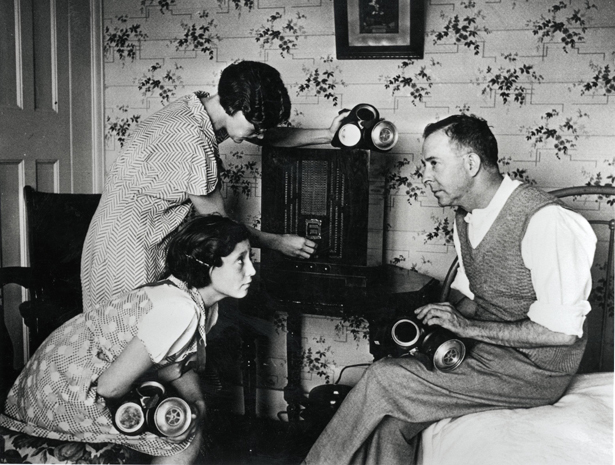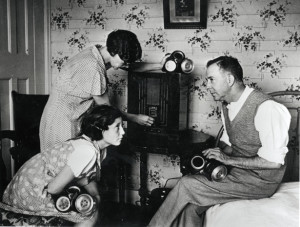The Irish Academy of Public Relations recently hosted a free event, “Radio Skills – A Special Evening for the Science Community” at the FOCAS Research Institute in DIT. The points raised and ensuing discussions provided interesting insights into relationships between scientists and journalists.
Ellen Gunning, director of the Academy, chaired the evening. From her experience of teaching public relations and interview skills, she described how many scientists are like Guards (the police) in how they deal with the media. Both professions are trained to communicate in a very impartial, specific and direct way with an unhealthy dollop of jargon. However, the key to effective public communication is to cut the jargon and to identify a clear, straightforward message which will be interesting and understandable for non-specialist audiences.
Professor Hugh Byrne gave a scientist’s perspective of dealing with the media. He highlighted the increasing importance of public engagement and research dissemination beyond the ivory tower of academia. Researchers must engage with the media to create a sustainable scientific research culture in which scientists are accountable for how they spend tax payers’ money.
He also discussed the “dark side” of engaging with the media. Many scientists are wary of journalists because they are afraid of being misquoted or that their research will be sensationalised. The immediacy of a live radio interview is a scary prospect for scientists who are used to careful drafting and re-drafting of their words for academic publications. As Professor Byrne pointed out, many scientists are used to building their arguments backwards: weaving different strands of argument together to finally reach the main conclusion or take home message at the end. Journalists want the opposite: the hook for why your research is interesting or important needs to come first.
However, scientists need to get over their fear engaging with the media. Good journalists are not trying to catch you out: they want to get their facts right just as much as you don’t want to be misquoted. Good science communication stems from a feeling of trust and complicity between the scientist and journalist.
Sean Duke continued the discussion with a journalist’s perspective of working with scientists. He further underlined the importance of building good relationships and trust with researchers. He pointed out that, despite their concerns, scientists have more control of a news story or interview than journalists. Researchers are the experts in their own field, they are the ones who dictate the parameters of a story so it’s up to scientists to find the interesting nuggets of information or take home messages. To do this effectively, it’s a good idea to follow Duke’s checklist for how to deal with journalists.
Journalists want:
A good story: find a way to give it to them by explaining your science through reference to everyday life. What’s interesting about your research and why should people care?
Explanation, not patronisation: scientists need to explain their research clearly so that it’s understandable for a non-specialist audience but don’t slip into “dumbing down” your story.
Scientists who take control: remember that you’re the expert so you should lead the story. If you’re contacted by a researcher for a radio show then treat it as an audition for the live interview. Have an agenda for what you want to communicate, it’s up to you to dictate and take control of the story.
Journalists don’t want:
Jargon: scientists are brainwashed to use complex terms that might as well be a foreign language to most audiences. Think of yourself as a translator: don’t use acronyms or obscure terms that will alienate and confuse your audience.
Defensive interviews: treat an interview with a journalist as an opportunity, not a penance. Good journalists are not trying to catch you out but neither should you expect them to know every detail about your research field. If you are asked what you think is a strange or misguided question, give the journalist the benefit of the doubt instead of becoming defensive about your position.
To be lectured: scientists are used to giving lectures or presenting at conferences. These formal settings are very different to the informal, conversational style of most interviews. Don’t complicate an interview by slipping into lectorial mode.
The Irish Academy will explore some of these topics further and provide more in-depth radio and PR training for scientists during their one day training course, “Radio Interview Skills for Scientists” on the 11th of April. Places on the course are limited to six people and can be booked here. Details of the Academy’s other courses can be found on www.irishacademy.com.
Author: Sive Finlay, @SiveFinlay
Photo credit:
http://www.bbc.co.uk/schools/primaryhistory/world_war2/daily_life/


